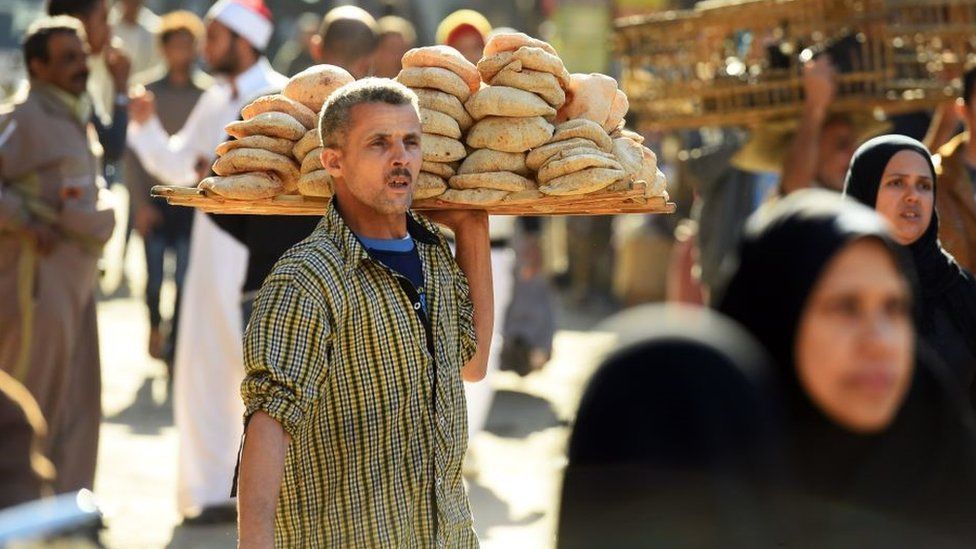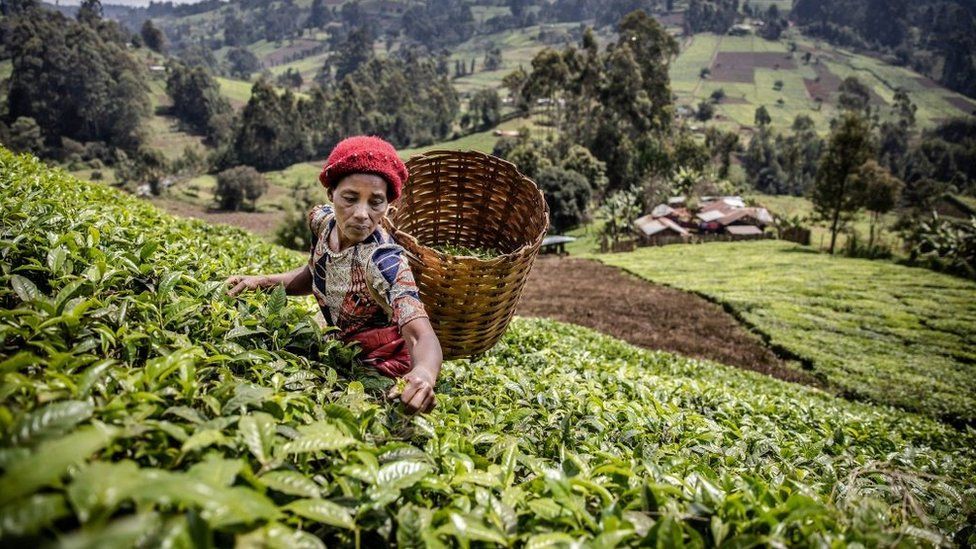The budgets of oil-producing countries like Nigeria and Angola might get a boost from the rising prices, but the cost of transport is likely to rise for people across the continent. This will have a knock-on effect on the prices of nearly all other products.
"It becomes a double whammy of potentially higher food prices globally and higher energy prices pushing up inflation. And when central banks respond by hiking interest rates, it becomes a triple whammy," said Charlie Robertson, global chief economist at Renaissance Capital.
But the editor of the UK-based Africa Confidential publication, Patrick Smith, said the war offered massive opportunities for oil- and gas-producing countries.
"Europe has to rapidly find alternatives to Russian gas, and the most reliable alternatives are in Africa. It's a great opportunity for African states to move in, and get new deals done quickly," he added.

He said the biggest danger Africa faced was from the likely rise in bread prices, as Russia and Ukraine supply about 30% of the world's wheat.
"The price of bread has been a driving force of political instability, and triggered the Arab Spring. The Maghreb countries - Egypt, Tunisia, Morocco, Libya and Algeria, which rely heavily on wheat - could be worst-affected by the tightening of supplies and an increase in prices," Mr Smith said.
Kenya is also concerned about the impact the war - and financial sanctions on Russia - could have on its vital tea industry. Russia is among the top five consumers of its tea, helping Kenya earn foreign currency.

"Tea and other beverages are categorised as food items and would normally not be affected by sanctions on trade," said Edward Mudibo, chief executive officer of the East Africa Tea Traders Association (EATTA).
However, he said that some traders may not want to take the risk in case Russia is barred from international payments systems.








No comments:
Post a Comment